Des Moines, Iowa: A case study in using predictive modeling to classify unknown service lines

Discover how Des Moines Water Works used predictive modeling to classify unknown service lines, reducing uncertainty by 75% in just six months. Read the case study to learn how data-driven insights optimized their LSL inventory.
Goshen, Indiana: Using statistical methods to classify unknown service lines as non-lead

Goshen is a city of 35,000 people in northern Indiana. It has been a city-owned and operated water utility since the 1830s with roughly 12,000 service lines. They chose to use predictive modeling to reduce service lines of unknown material in their system after exhausting their pre-existing identification methods, including records review, home age analysis, […]
Using predictive modeling for proactive water main planning in Mobile, AL
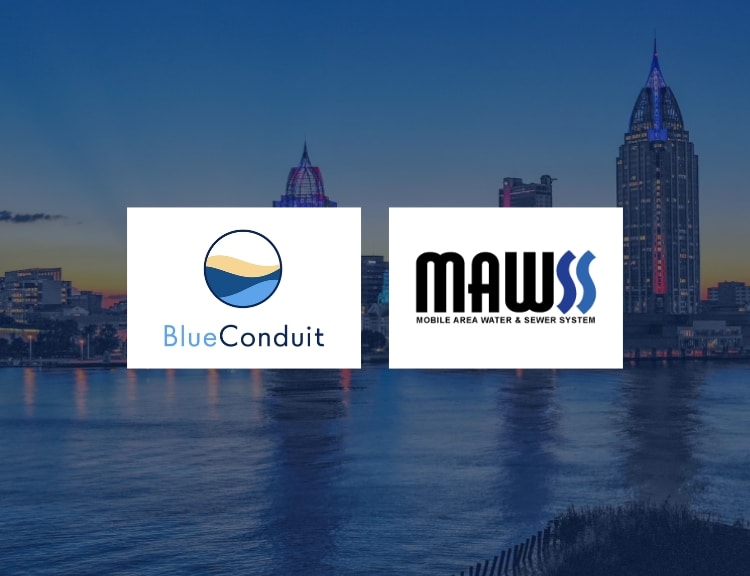
Mobile Area Water and Sewer System (MAWSS) provides water and wastewater services to over 100,000 customers in Mobile, Alabama and surrounding areas. On average, MAWSS delivers 41 million gallons of clean water per day through 1,605 miles of water mains. MAWSS’ drinking water is sourced from nearby Big Creek Lake. Roughly 50% of the water […]
South Carolina DHEC Approves BlueConduit’s Statistical Methods Approach to No-Lead Validation
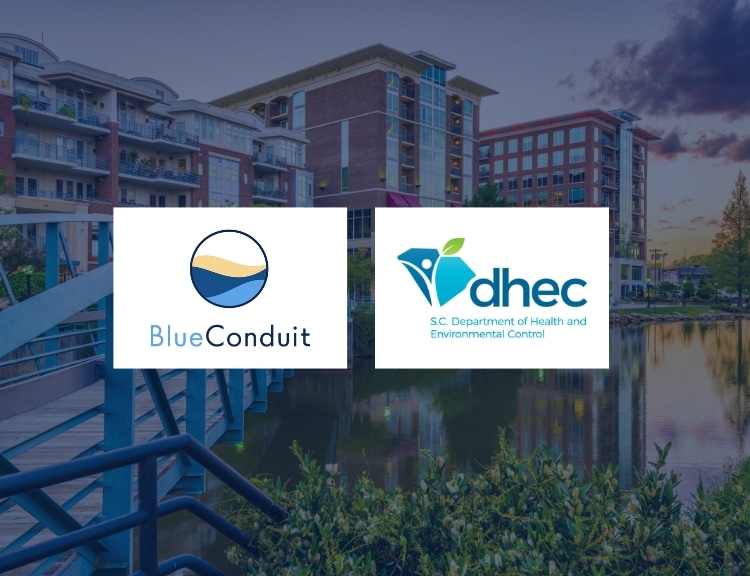
The South Carolina Department of Health and Environmental Control (DHEC) approved BlueConduit’s statistical methods approach to no-lead verification, enabling the Summerville Commissioners of Public Works (CPW) to use statistical analysis to classify unknown service lines as non-lead.
Revolutionizing Lead Service Line Removal: A Milestone for Detroit’s Water Infrastructure
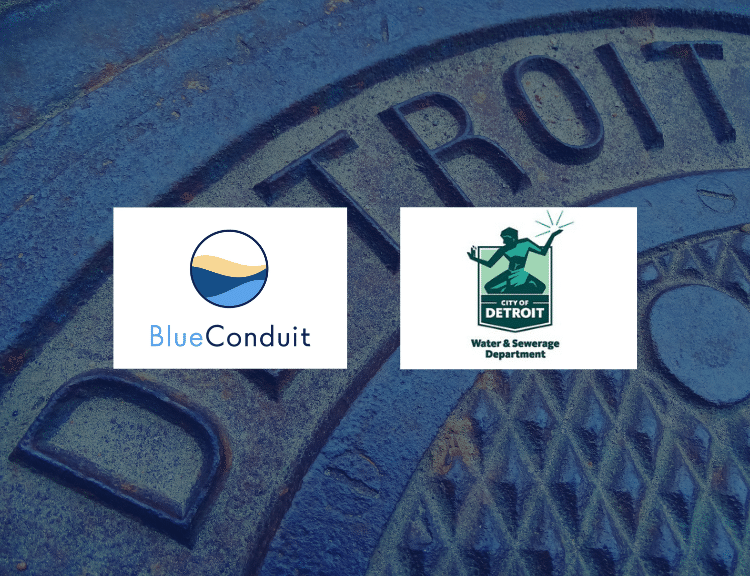
Facing a problem that could normally cost billions of dollars over 40 years, the Detroit Water and Sewerage Department (DWSD) finds that BlueConduit’s machine learning technology can help them do the impossible quickly and on a budget.
Case Study: Getting the Lead Out in Halifax
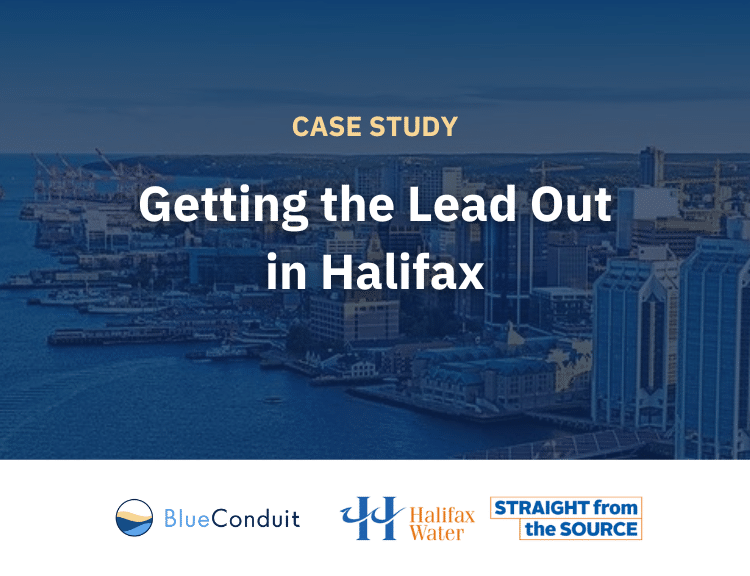
“The BlueConduit Model has allowed us to reduce the overall number of hydrovacs we need to do to confirm service material. This means we can focus hydrovacs on the services of greatest uncertainty and spend more resources on removing lead servicing lines, ultimately improving public health.” Wendy Krkosek, Ph.D., P. Eng., Water Quality Manager, Halifax […]
South Bend Utilities LSL Inventory Case Study
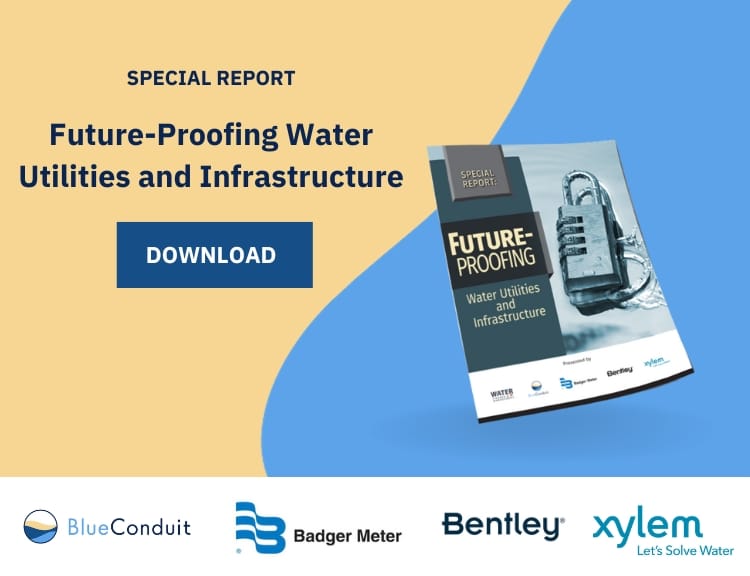
Curious how a water utility goes from no information about their laterals to a service line inventory? That’s the story shared by Michelle Smith, Director of Water Quality for South Bend Utilities, about the LSL Inventory program. Michelle shared her perspective in an article in a Water Finance & Management special report on Future-Proofing Water […]
Case Study: Cary Utilities Department uses Esri LSLI and BlueConduit for LCRR Compliance
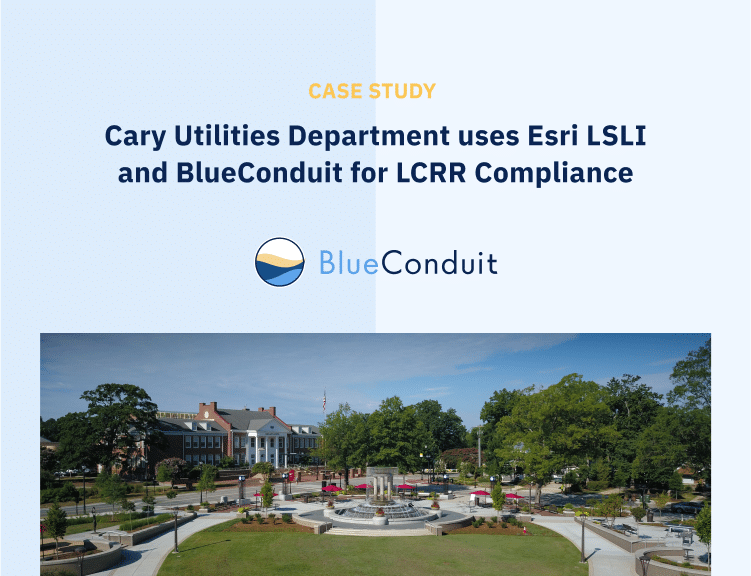
Read the case study about how Cary Utilities Department is inventorying its service line materials for Lead and Copper Rule Revision (LCRR) compliance. To do so efficiently, they are using ArcGIS and BlueConduit predictive modeling. Combining the Esri LSLI solution with the Esri-BlueConduit integration has proven to be a one-stop solution for Cary, where staff […]
WaterWorld: Detroit uses Machine Learning for LSL Inventory and Replacement
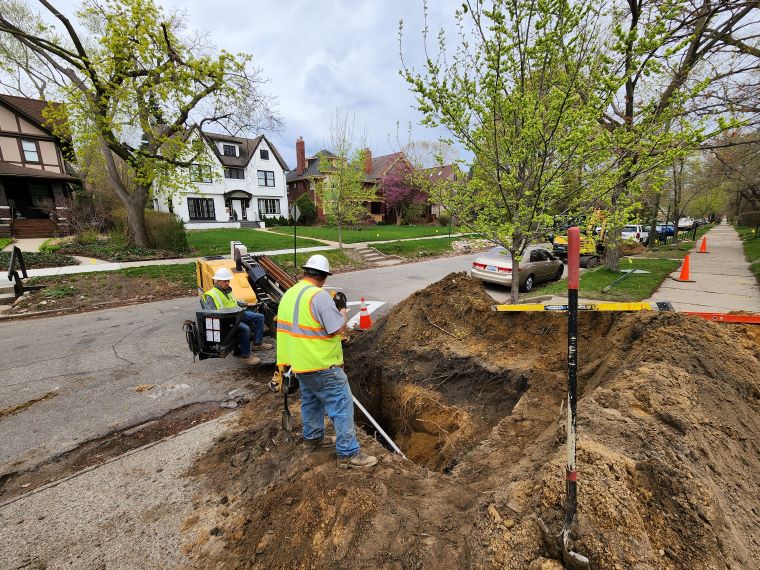
The Detroit Water and Sewerage Department (DWSD) is using BlueConduit’s machine learning in their efforts to replace the city’s lead service lines (LSLs). Their work is getting state and federal funding and national notice. WaterWorld magazine recently published “How Detroit uses machine learning to solve its lead service line challenges” article. Cities nationwide have challenges […]
Video: Detroit Water & Sewerage Department and BlueConduit
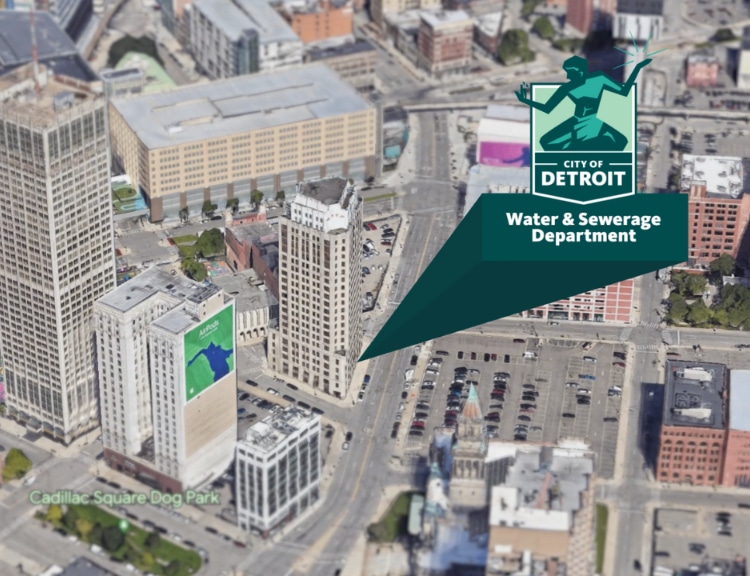
My name is Bryan Peckinpaugh. I’m the Public Affairs Director for the Detroit Water & Sewerage Department, and I’ve been part of the Lead Service Line Replacement Program since we launched it in 2018. We are a city of single-family homes, so there are a lot of individual lead service lines. We have more than […]
In the News: Toledo DPU featured in Municipal Sewer and Water Magazine
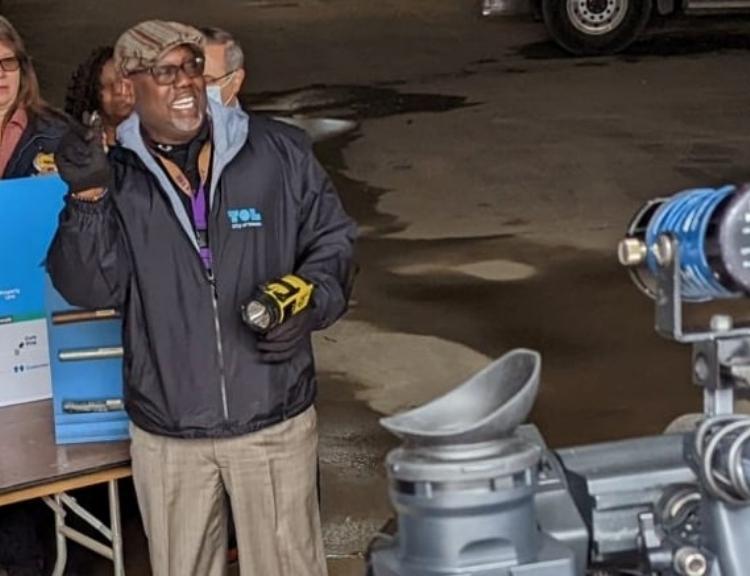
Municipal Sewer and Water Magazine showcased the work that Toledo has been doing to remove lead. The article, “A Faster Fix for Lead Water Lines“, details Toledo’s lead service line replacement approach and progress, powered by BlueConduit. In the article, Mark Riley, Administrator for the city of Toledo’s Department of Public Utilities, explains how Toledo […]
Trenton Water Works LSLR featured in WaterOnline

Trenton Water Works’ Kristin Epstein, PE, talked Lead Service Line Removal (LSLR) with us in a recent Q&A on WaterOnline. Epstein is the Assistant Director of Water and Sewer at Trenton Water Works. Epstein shared with us why and how Trenton proactively tackled the issue and progress to date.WaterOnline: How Cities Leverage Machine Learning to […]
BlueConduit’s impact in Flint
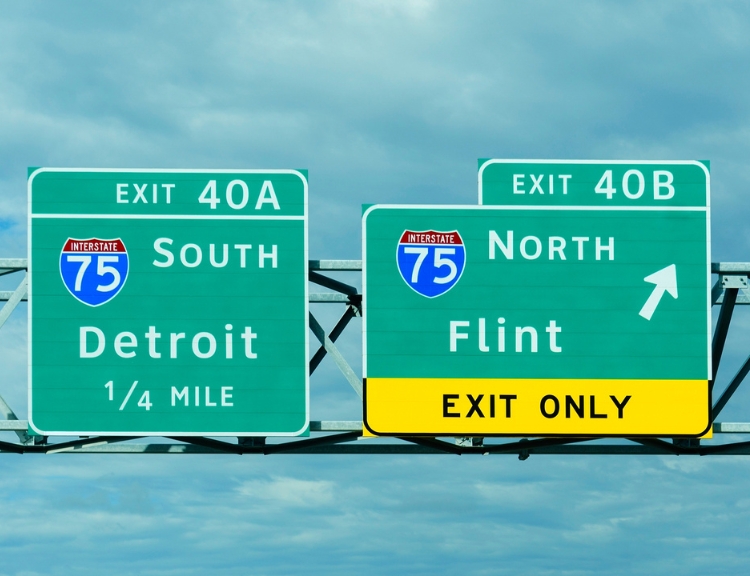
Beginning in 2016, our team began collaborating with Flint city officials. We demonstrated that we could create a model to accurately generate estimates of homes needing service line replacement. We provided home-by-home predictions indicating which homes were most likely to have lead service lines. This would eventually guide the largest and most prominent water service line […]

